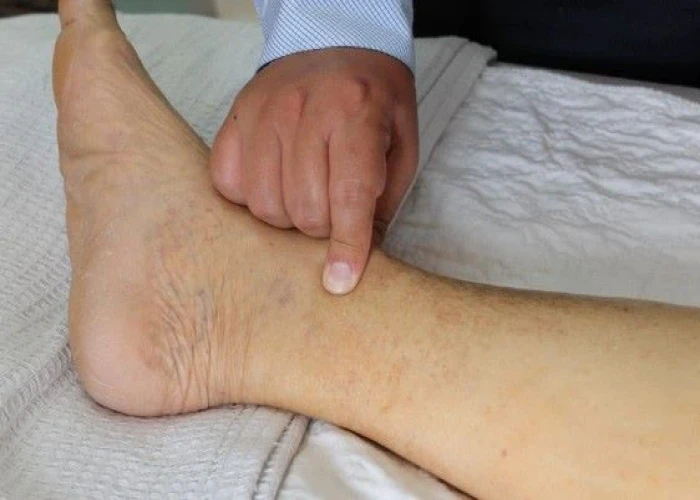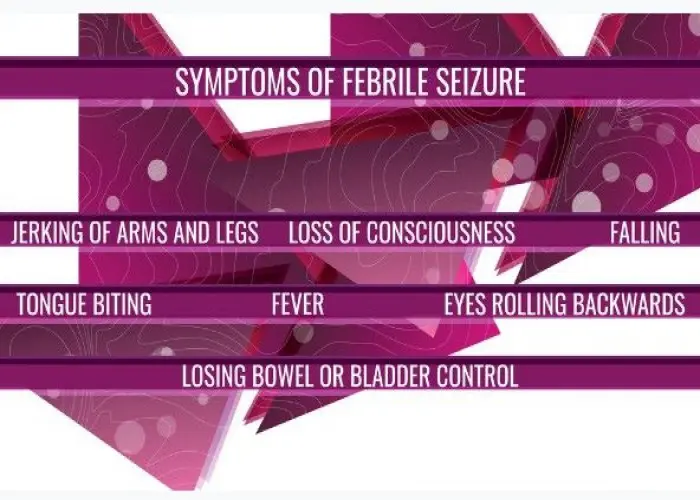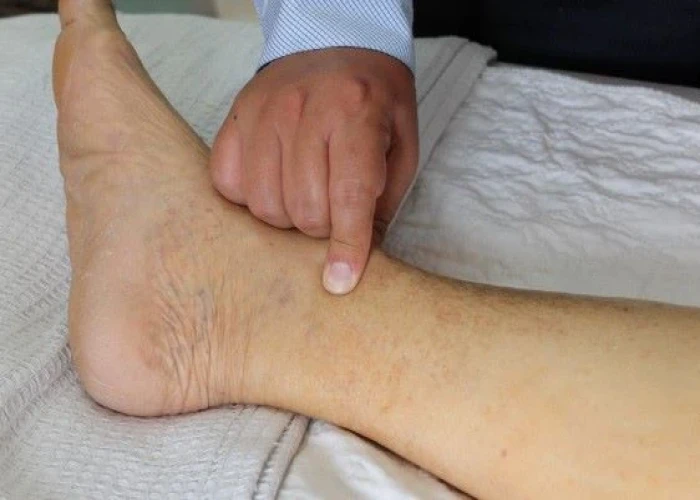 Welcome
Welcome
“May all be happy, may all be healed, may all be at peace and may no one ever suffer."
Nephrotic syndrome

Nephrotic syndrome is a group of symptoms that occur when there is damage to the small blood vessels in the kidneys, causing them to leak protein into the urine. The condition is most commonly seen in children and young adults, although it can occur at any age.
Symptoms of nephrotic syndrome may include swelling in the feet, ankles, or legs, fatigue, foamy urine, and weight gain. These symptoms are caused by the loss of protein in the urine, which can lead to a decrease in the level of protein in the blood, a condition called hypoalbuminemia.
Diagnosis of nephrotic syndrome may involve a physical exam, blood tests to measure protein and cholesterol levels, a urine test to measure protein levels, and a kidney biopsy to determine the underlying cause of the condition.
Treatment options for nephrotic syndrome may include medications to control blood pressure and reduce inflammation, diuretics to reduce swelling, and medications to reduce protein loss in the urine. In some cases, immunosuppressive drugs may be used to treat the underlying cause of the condition, such as an autoimmune disorder.
It is important to manage nephrotic syndrome carefully to prevent complications such as infections, blood clots, and kidney failure. Dietary changes may also be recommended, such as reducing salt intake and increasing protein intake to help maintain proper nutrition.
If you have been diagnosed with nephrotic syndrome, it is important to work closely with your healthcare team to manage your condition and monitor for potential complications. With appropriate treatment and management, most people with nephrotic syndrome can manage their symptoms and maintain good kidney function.
Research Papers
Disease Signs and Symptoms
- Swollen (Edema)
- Swollen feet and ankles (edema)
- Excess protein or cloudy urine (proteinuria)
- Strong urine smell
- Rapid weight gain
- Fluid retention
- Fatigue (Tiredness)
- Loss of appetite
Disease Causes
Nephrotic syndrome
Nephrotic syndrome is usually caused by damage to the clusters of tiny blood vessels (glomeruli) of your kidneys.
The glomeruli filter your blood as it passes through your kidneys, separating things your body needs from those it doesn't. Healthy glomeruli keep blood protein (mainly albumin) — which is needed to maintain the right amount of fluid in your body — from seeping into your urine. When damaged, glomeruli allow too much blood protein to leave your body, leading to nephrotic syndrome.
Many possible causes
Many diseases and conditions can cause glomerular damage and lead to nephrotic syndrome, including:
- Diabetic kidney disease. Diabetes can lead to kidney damage (diabetic nephropathy) that affects the glomeruli.
- Minimal change disease. This is the most common cause of nephrotic syndrome in children. Minimal change disease results in abnormal kidney function, but when the kidney tissue is examined under a microscope, it appears normal or nearly normal. The cause of the abnormal function typically can't be determined.
- Focal segmental glomerulosclerosis. Characterized by scarring of some of the glomeruli, this condition can result from another disease, a genetic defect or certain medications or occur for no known reason.
- Membranous nephropathy. This kidney disorder is the result of thickening membranes within the glomeruli. The thickening is due to deposits made by the immune system. It can be associated with other medical conditions, such as lupus, hepatitis B, malaria and cancer, or it can occur for no known reason.
- Systemic lupus erythematosus. This chronic inflammatory disease can lead to serious kidney damage.
- Amyloidosis. This disorder occurs when amyloid proteins accumulate in your organs. Amyloid buildup often damages the kidneys' filtering system.
Disease Prevents
Disease Treatments
Treatment for nephrotic syndrome involves treating any medical condition that might be causing your nephrotic syndrome. Your doctor might also recommend medications and changes in your diet to help control your signs and symptoms or treat complications of nephrotic syndrome.
Medications might include:
- Blood pressure medications. Drugs called angiotensin-converting enzyme (ACE) inhibitors reduce blood pressure and the amount of protein released in urine. Medications in this category include lisinopril (Prinivil, Qbrelis, Zestril), benazepril (Lotensin), captopril and enalapril (Vasotec).
- Another group of drugs that works similarly is called angiotensin II receptor blockers (ARBs) and includes losartan (Cozaar) and valsartan (Diovan). Other medications, such as renin inhibitors, also might be used, though ACE inhibitors and ARBs are generally used first.
- Water pills (diuretics). These help control swelling by increasing your kidneys' fluid output. Diuretic medications typically include furosemide (Lasix). Others include spironolactone (Aldactone, Carospir) and thiazides, such as hydrochlorothiazide or metolazone (Zaroxolyn).
- Cholesterol-reducing medications. Statins can help lower cholesterol levels. However, it's not clear whether cholesterol-lowering medications can improve the outcomes for people with nephrotic syndrome, such as avoiding heart attacks or decreasing the risk of early death.
- Statins include atorvastatin (Lipitor), fluvastatin (Lescol XL), lovastatin (Altoprev), pravastatin (Pravachol), rosuvastatin (Crestor, Ezallor) and simvastatin (Zocor).
- Blood thinners (anticoagulants). These might be prescribed to decrease your blood's ability to clot, especially if you've had a blood clot. Anticoagulants include heparin, warfarin (Coumadin, Jantoven), dabigatran (Pradaxa), apixaban (Eliquis) and rivaroxaban (Xarelto).
- Immune system-suppressing medications. Medications to control the immune system, such as corticosteroids, can decrease the inflammation that accompanies some of the conditions that can cause nephrotic syndrome. Medications include rituximab (Rituxan), cyclosporine and cyclophosphamide.
Disease Diagnoses
Disease Allopathic Generics
-
Cotrimoxazole
A double-strength cotrimoxazole-containing drug for bacterial infections.
1 pill 2 times a day for 7-14 days.
-
Ampicillin Sodium
1 service every 6 hours.
-
Gentamicin Sulfate (Injection)
1 ampoule rose 2 times 3/4 days.
-
Ciprofloxacin
1 2 times a day for 10-14 days according to age.
-
Cefuroxime Axetil
1+1+1.
-
Frusemide (Furosemide)
Half, 1, 2 pills or more after breakfast every morning for 1 day.
-
Spironolactone
1 pill 2 times a day or 100 mg 1 time a day.
-
Dexamethasone
Corticosteroids may be given to the patient.
-
Prednisolone
1 pill 3 times a day for 5 days. 1 pill 3 times a day for 5 days and 1 pill 2 times a day for 5 days.
-
Ferrous Sulfate
1 pill 2 times a day.
- Iron + Folic acid + Vitamin B complex + Vitamin C
Disease Ayurvedic Generics
Disease Homeopathic Generics
Disease yoga
Nephrotic syndrome and Learn More about Diseases

Bronchiolitis

Febrile seizure

Rosacea

Chlamydia trachomatis

Takayasu's arteritis

Smallpox

Male infertility

Pelvic inflammatory disease (PID)
nephrotic syndrome, সেফ্রোটিক সিন্ড্রোম
To be happy, beautiful, healthy, wealthy, hale and long-lived stay with DM3S.
